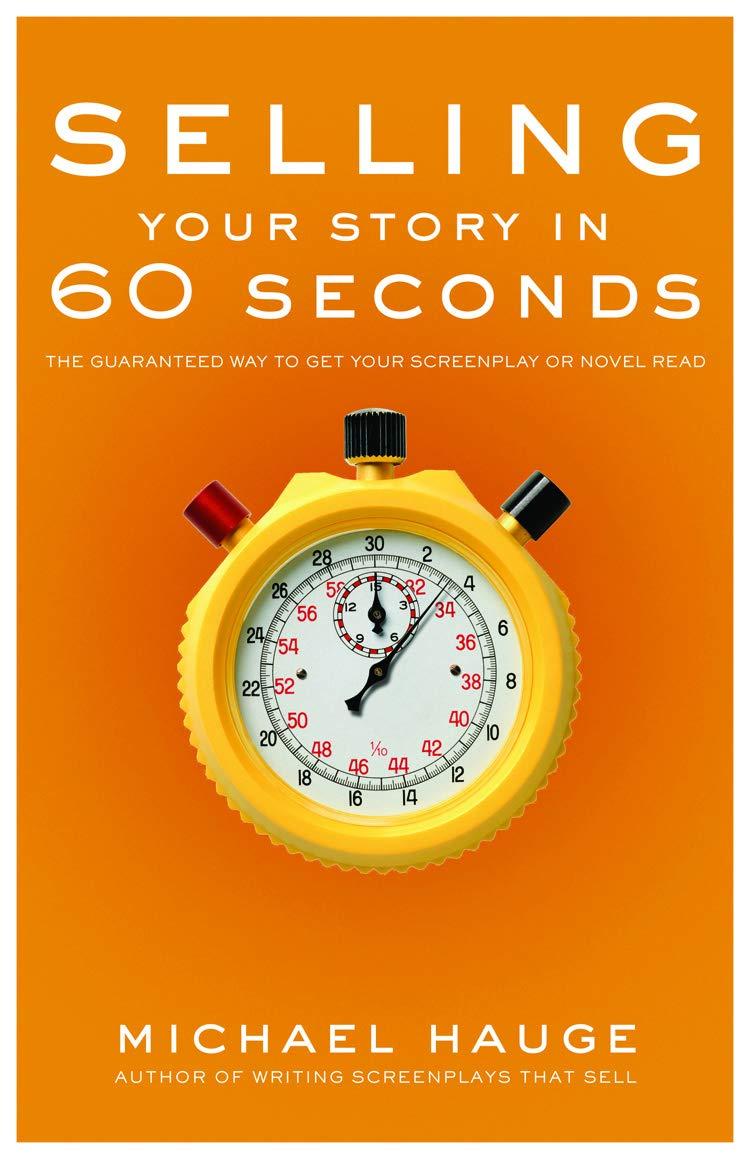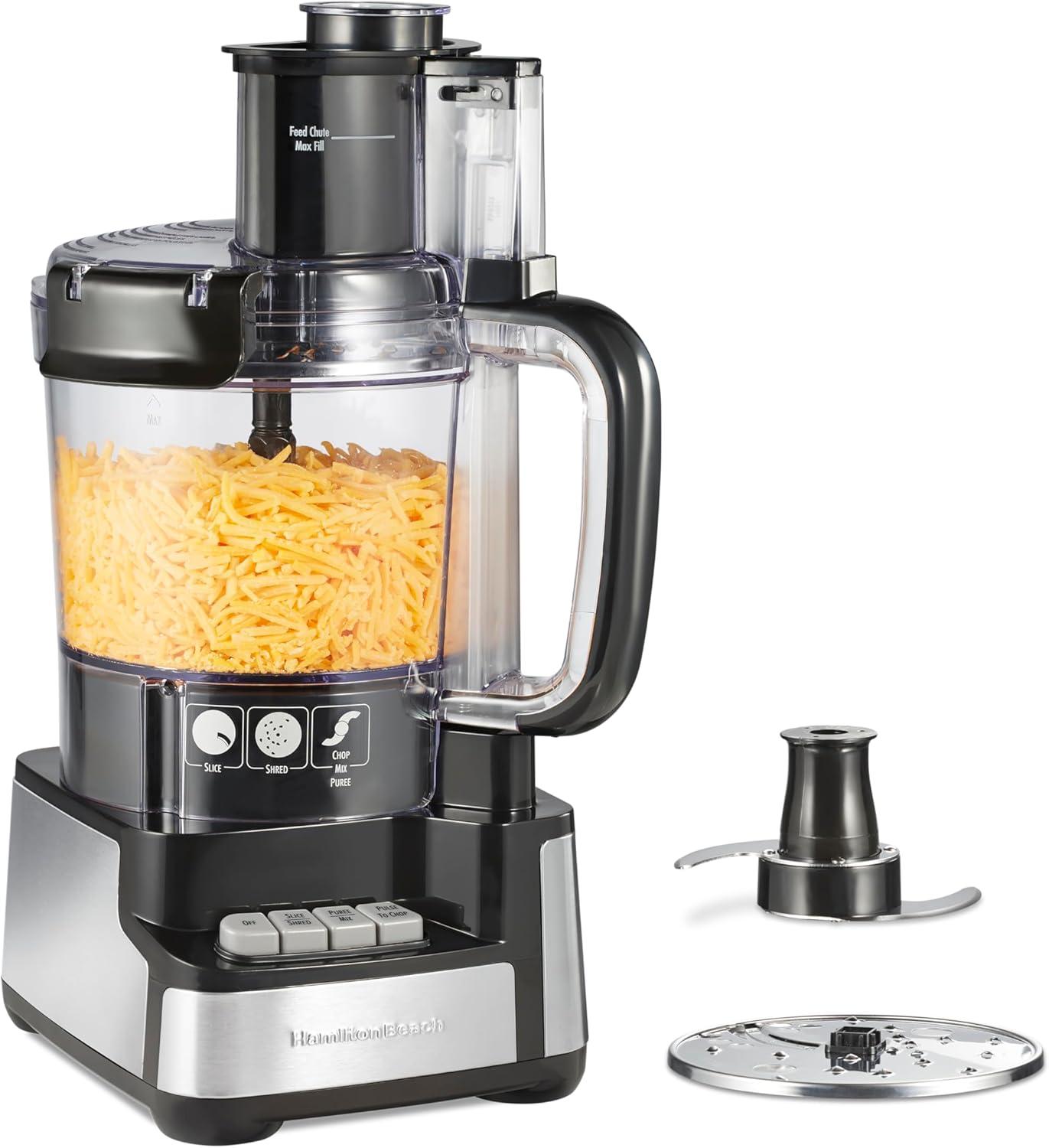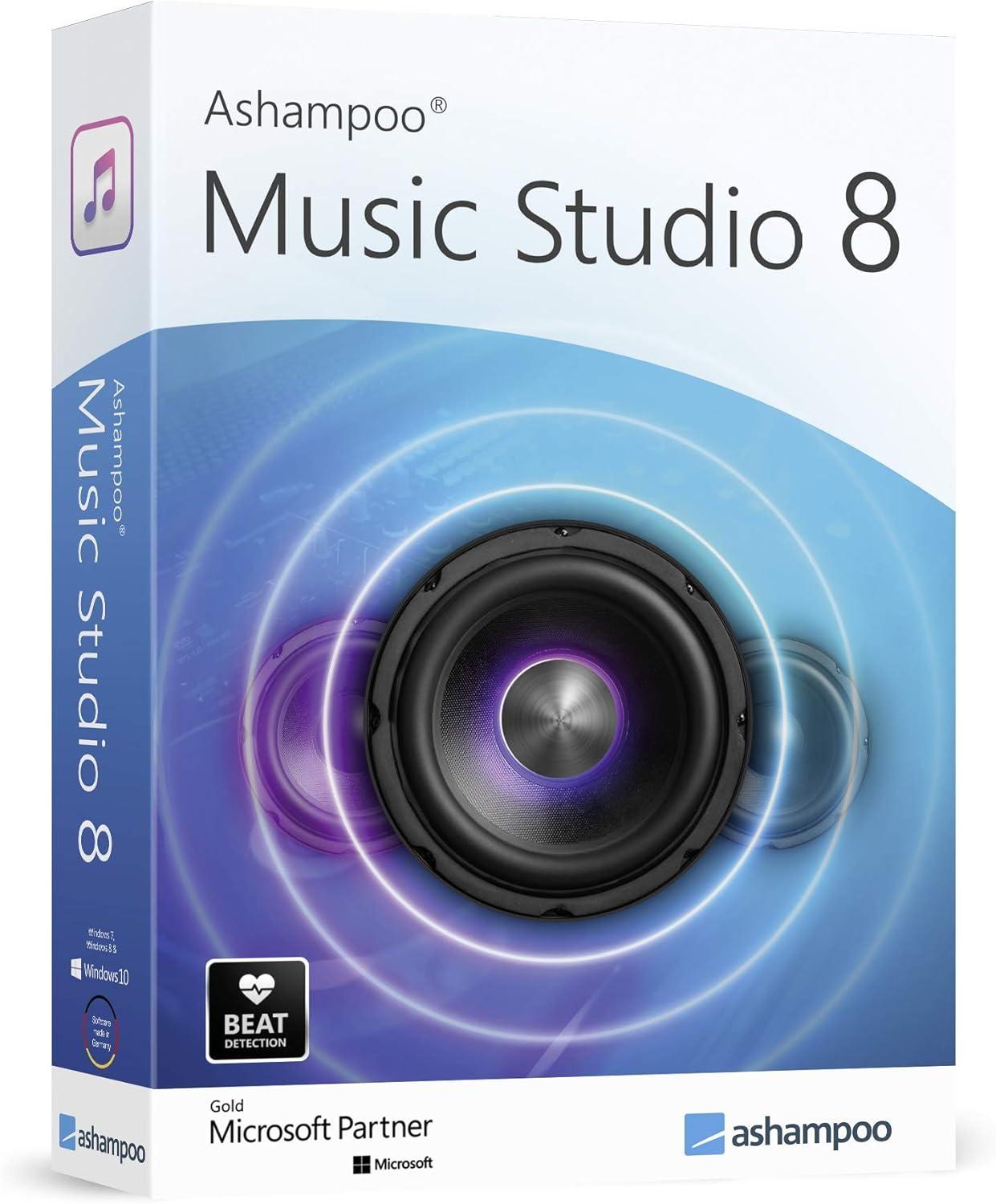Tested Screenwriting Tips: Surprising Insights to Sell Your Story in 60 Seconds!
Tested Screenwriting Tips: Surprising Insights to Sell Your Story in 60 Seconds!
In a world where attention spans are measured in nanoseconds, the first 60 seconds of your story can make or break its journey. Whether you're drafting a screenplay or crafting a novel, the opening lines are your hook-a question, a revelation, or a visceral punch that latches onto the reader's curiosity. Let's dissect how five standout books and a practical guide to storytelling success exemplify this vital rule.
1. What She Left Behind: This haunting tale of 1920s historical fiction opens not with a scene, but with a letter. A single sentence-"I never meant for it to end like this"-spools the reader into a web of secrets and loss. It's a masterclass in subtext; the emotional weight of the words silences the need for exposition, letting the past speak for itself.
2. What You Are Looking For Is in the Library: Here, the story begins mid-action, with a character sneaking into a forbidden archive. The line, "The books weren't just books-they were maps," immediately stakes the narrative's premise. This approach leans into metaphor and genre intimacy, turning the reader's own love of mystery into a narrative compass.
3. The Family Bones: A tense, bone-chilling start: "The first time I heard the whisper, I was nine and the house was empty." The hook is raw and immediate, drawing readers into a world where the past isn't just haunting-it's alive. This book thrives on rhythm, using short, visceral sentences to mirror the urgency of its plot.
4. The Bookshop of Secrets: Set in 2025, this uplifting novel opens with a meta twist: "The story you're about to read is already written, but you're not sure if you'll like it." It's a playful nod to narrative experimentation, inviting readers to question their role in the tale. The key? Humor and wonder can make even the most niche premise irresistible.
5. The Housemaid: A chilling opening line: "She didn't know the house was watching her." This book's success hinges on atmosphere-a slow build of unease that lingers long after the first page. It's a reminder that subtlety can be more powerful than a thunderous reveal.
But what if you're not sure how to replicate this magic? Enter Selling Your Story in 60 Seconds, a guide that distills decades of craft into actionable strategies. It argues that the best hooks aren't just about shock value-they're about connection. Whether you're channeling the emotional gravity of What She Left Behind or the whimsical dread of The Bookshop of Secrets, the core remains the same: make your reader feel something before they've read a paragraph.
These books, though diverse in genre and tone, share a common thread-each begins by answering a question the reader didn't know they had. The trick? Pair your narrative's unique angle with a structure that demands engagement. If you're writing a screenplay, think of your opening scene as a teaser; if you're penning a novel, let the first page be a mirror to the reader's own desires.
In the end, the secret to selling your story isn't just about writing well-it's about writing smart. And as these titles prove, the magic happens when you start with a question, a metaphor, or a whisper that lingers long after the page turns.
Tested Screenwriting Tips: Surprising Insights to Sell Your Story in 60 Seconds! Read More »








